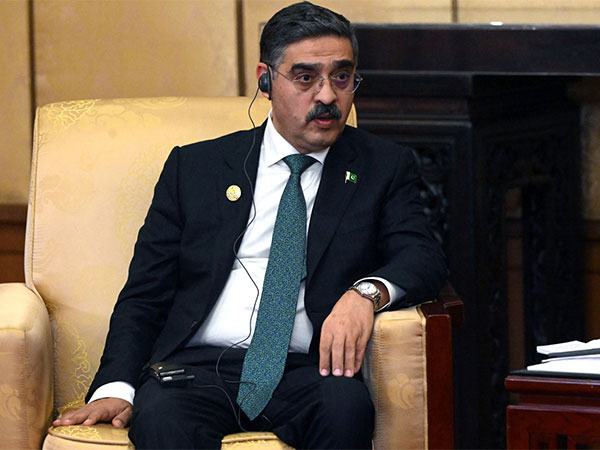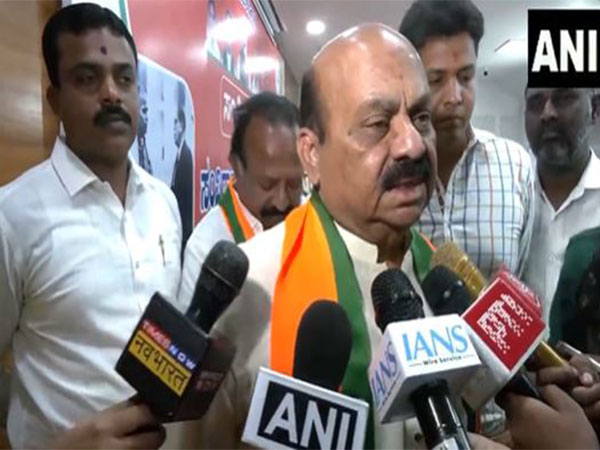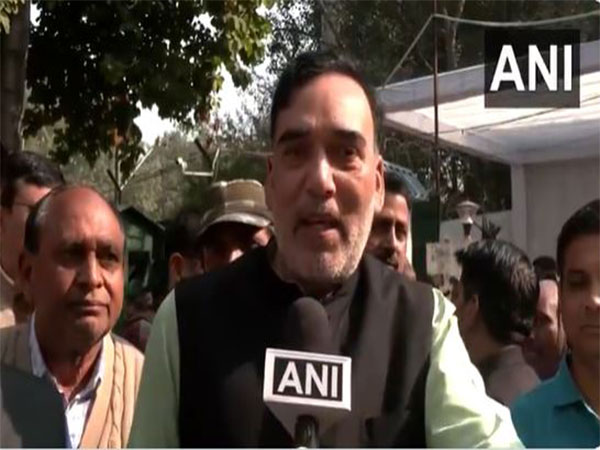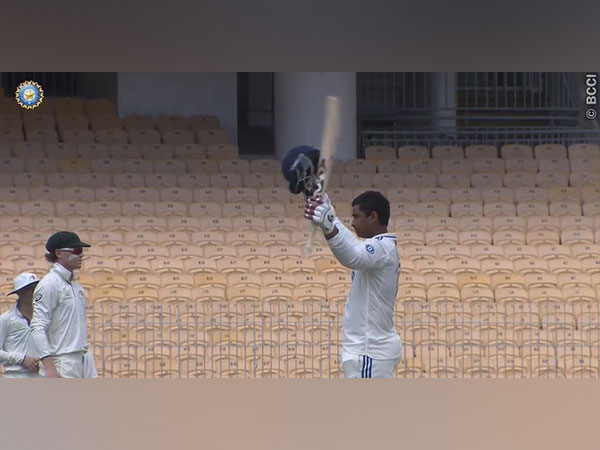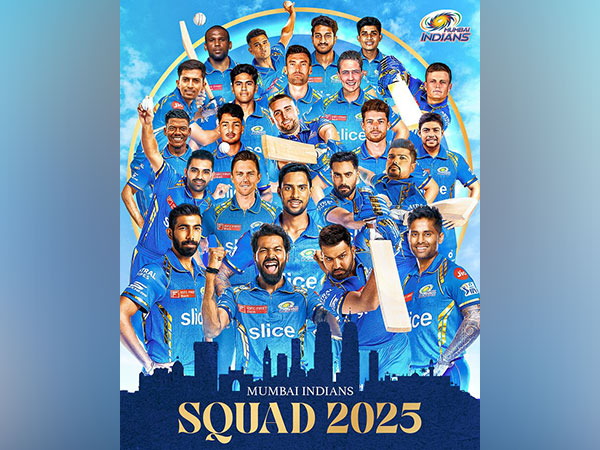Islamabad [Pakistan], May 6 (ANI): The former caretaker Prime Minister of Pakistan, Anwar ul-Haq Kakar, has downplayed the wheat import issue, denying the allegations of corruption and crisis on his government, ARY News reported on Sunday.
He clarified by saying that the intentions of the caretaker government was to decrease inflation in the nation.
Calling the ‘wheat scandal’ issue a ‘storm in a teacup’, Kakar, said that the government wanted to simplify private-sector wheat purchases and raise revenue through import charges.
The former caretaker prime minister stated that the decision to allow private sector wheat imports was made in response to the country’s wheat need, with the goal of maintaining a supply-demand balance, according to ARY News.
Kakar supported the government’s non-interference in market dynamics, arguing that its mission is to regulate rather than intervene.
“At that time, the stock of wheat, including excess stock, was 1.4 million tonnes, the procedure for meeting the shortage of wheat was reviewed and it was informed that wheat is procured through TCP,” Kakar said, according to ARY News.
In response to the shortage, the system for dealing with the wheat deficit was examined, with a focus on acquiring wheat through the Trading Corporation of Pakistan (TCP).
Former Caretaker Prime Minister Anwar-ul-Haq Kakar emphasised that the federal government initiates wheat and fertiliser imports based on data provided by provinces.
He stated that the earlier caretaker government set aside (PKR) 297 billion for TCP’s purchase efforts, with the goal of keeping a strategic stockpile of 1 million tonnes of wheat.
However, there have been concerns expressed about TCP’s procurement methods, with the International Monetary Fund (IMF) voicing doubts about wheat procurement from TCP. (ANI)
Disclaimer: This story is auto-generated from a syndicated feed of ANI; only the image & headline may have been reworked by News Services Division of World News Network Inc Ltd and Palghar News and Pune News and World News
HINDI, MARATHI, GUJARATI, TAMIL, TELUGU, BENGALI, KANNADA, ORIYA, PUNJABI, URDU, MALAYALAM
For more details and packages



